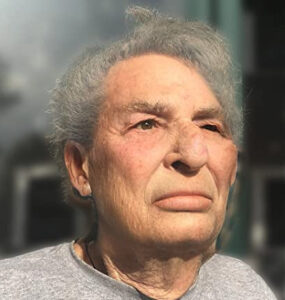 David Franklin was born in Brockton, MA in 1932, studied psychology and philosophy at the University of Vermont before transferring to New York University to study Physics. He received his undergraduate degree in physics, continued graduate studies in physics and electronics at night school while working at the Naval Applied Science Laboratory in Brooklyn, NY. He continued to work at that facility for the next eleven years as a physicist/engineer. He then transferred to MIT where he began his work in sensory substitution (funded by Naval Research Laboratories) that was to occupy him for the next 30 years. In 1982 he and his wife founded Audiological Engineering Corporation, while continuing to work with MIT on their studies of tactile communication methods.
David Franklin was born in Brockton, MA in 1932, studied psychology and philosophy at the University of Vermont before transferring to New York University to study Physics. He received his undergraduate degree in physics, continued graduate studies in physics and electronics at night school while working at the Naval Applied Science Laboratory in Brooklyn, NY. He continued to work at that facility for the next eleven years as a physicist/engineer. He then transferred to MIT where he began his work in sensory substitution (funded by Naval Research Laboratories) that was to occupy him for the next 30 years. In 1982 he and his wife founded Audiological Engineering Corporation, while continuing to work with MIT on their studies of tactile communication methods.
He is best known for his work designing and developing wearable tactile aids for the deaf and other related products. His work was extensively supported by grants from NIH under the SBIR program from 1982 through 2005 as well as from other government agencies. During this same period he served as a peer reviewer for the SBIR/NIH initiative. He also was an invited speaker before The US Congress in support of the SBIR Program.
He headed a consortium between his company, MIT, and Brandeis University, to develop methods and technology for utilizing tactile interfaces for control of rotary winged aircraft to obviate undesired interactions between vision and a pilot’s balance perceptions due to disturbance of the inner ear (semi-circular canals). The project demonstrated the feasibility of substituting tactile sensory inputs for vision in controlling fixed wing aircraft in flights carried out at The Naval Air-station Pensacola, Florida, work funded by DOD.
He holds six US and foreign patents and his inventions have been used around the world both in the hearing industry and in consumer products.
Preparation for this present book involved extensive self-study beyond the physic he learned as a student many years ago.
He is married, has three children and six grandchildren. His hobbies include cooking, carpentry, woodworking, hiking, fishing, and anything that involves a forest or bodies of water. He once was a great aficionado of chainsaws and wood splitting devices but age has robbed him of those pleasures.
The book is about a new way of looking at gravity, specifically as an expansion process rather than an attractive one. This view does not change our experience of gravity but it brings gravity into greater consistency with the way our universe works and how entropy always increases. Interestingly, the Dutch string theorist, Erik Verlinde published a paper in 2009 that implied gravity should be viewed that way, but to my knowledge this book is the first to discuss that view in detail. Most happily the book shows a way to test the concept and if it is carried out it would either support the view or throw it into the garbage pail of history.
Why did you want to write a book?
Really, I didn’t, but while I have a background in physics I am not a member of the physics community having spent most of my career in work developing tactile devices to enable profoundly deaf individuals “hear” through their skin. The net result was I was unable to get my non-standard ideas published in any of the many physics journals. If you think about sensory substitution in a broad sense, you might understand how I might want to reinterpret gravity as I did in this book. My thinking about gravity in this reversed form actually preceded my beginning my tactile work so you might understand that my main interest throughout my life has been perception, how it works and what is reality.
Why did you choose to self-publish?
Same answer as in the above question, I did not and still do not have the requisite credentials to have any book publisher be interested. I gave it a shot but it was clear that path was closed to me.
What tools or companies did you use, and what experience did you have?
I used Book Baby as my publisher and two editors, the first was a neighbor (not a professional but very knowledgeable). The second was a professional (Michael Zieier) who unfortunately was not able to finish the editing hence some less than perfect results in the published work. In addition, my wife is a mathematician and she read the work as I wrote it making sure I was not saying nonsense. I have had extensive experience writing technical materials at all levels and some short stories for my own enjoyment. I have started writing some novels over the years but never finished them. One of my short stories was published in a local newspaper and another “almost” published in a well known magazine.
Probably not, but I might help my daughter publish some children’s books. She is very talented and leads a very interesting life in Alaska.
What was your steepest learning curve during the publishing process?
Learning about the publishing process.
As a writer, what is your schedule? How do you get the job done?
I’m old enough (89) to control my own time so I can get into a writing frenzy that goes on for days at a stretch. Then I take a break for a couple of days, read and rewrite what I’ve written, hand it off to my wife, and repeat. I do not generally write out an overview guide, but I think a lot about my framing and order of the text I’ve put on the screen and sometimes re-order stuff.
But note, this is not fiction and I have a pretty good idea of what I mean to say and the order I want to present it in. However, I’ve found that as I write new insights occur to me so when those happy events occur, it can cause considerable rewrites of earlier materials. I try to keep the language I use suitable for my intended audiences.
How do you deal with writer’s block?
Truly, in this kind of writing I never experience writing block. When I write short stories, they are pretty much in my head before I type them. Longer fiction causes me problems even when I outline them, but since I’ve never have finished any of them I guess you could say, “not very well.”
Author Links
Get an Editorial Review | Get Amazon Sales & Reviews | Get Edited | Publish Your Book | Enter the SPR Book Awards | Other Marketing Services


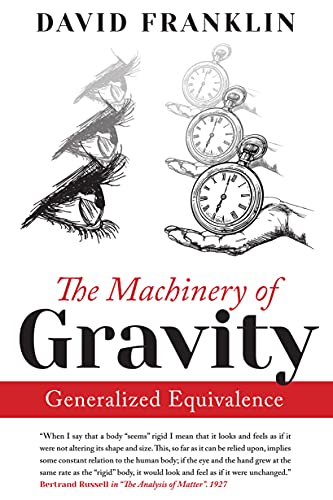
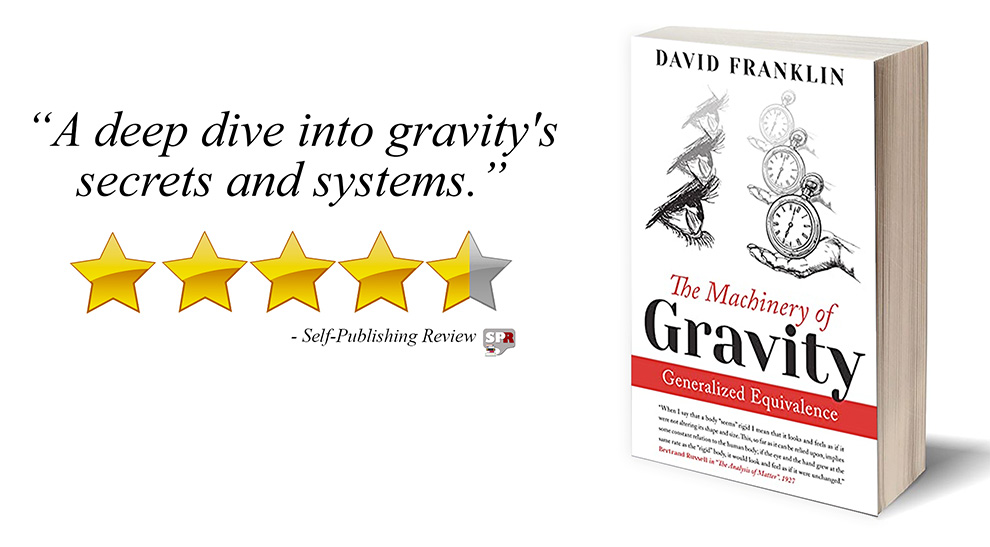







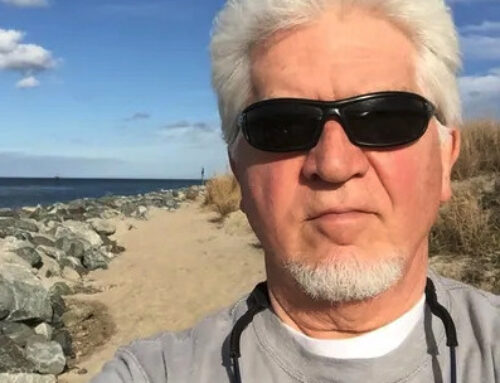
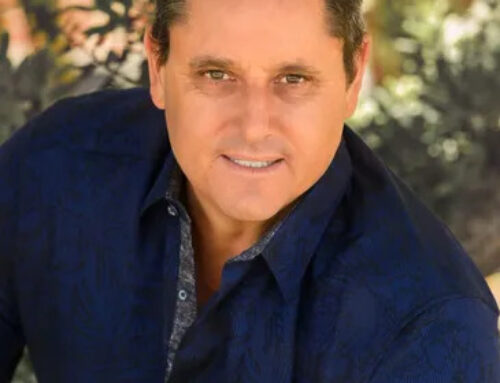
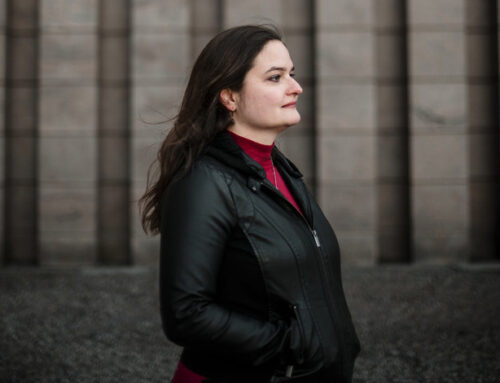
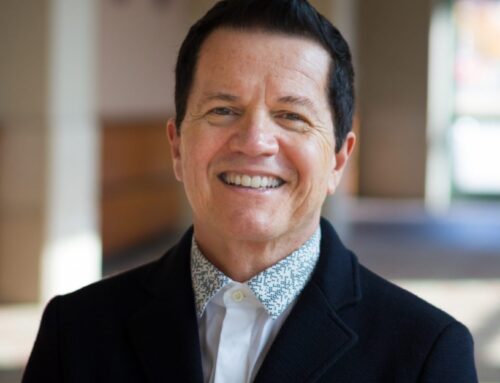
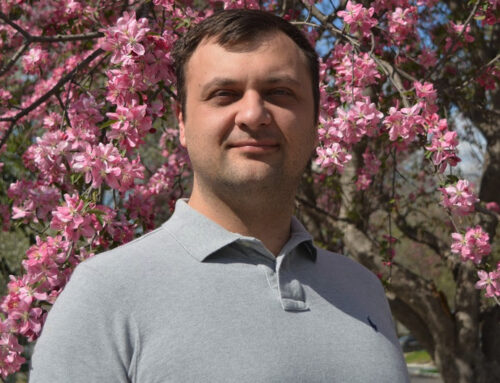
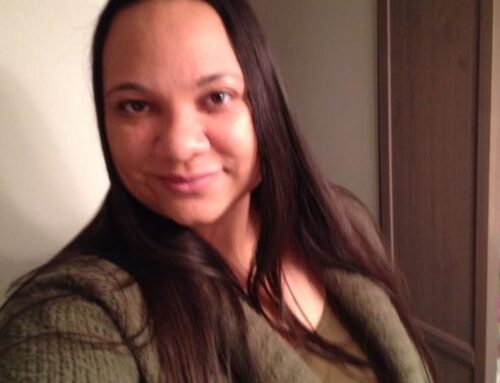
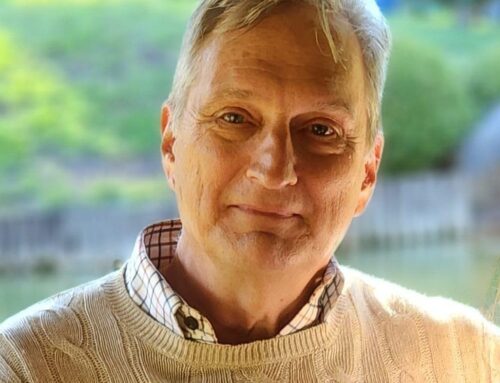
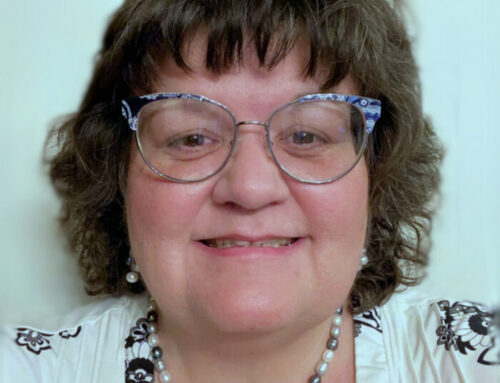

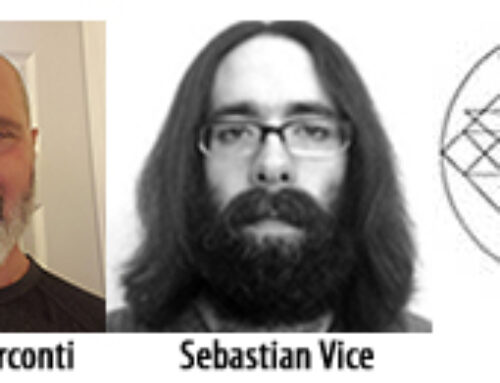
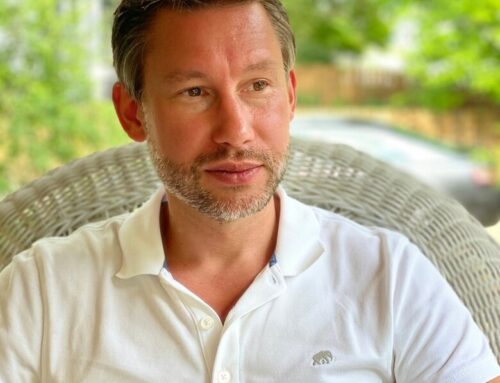

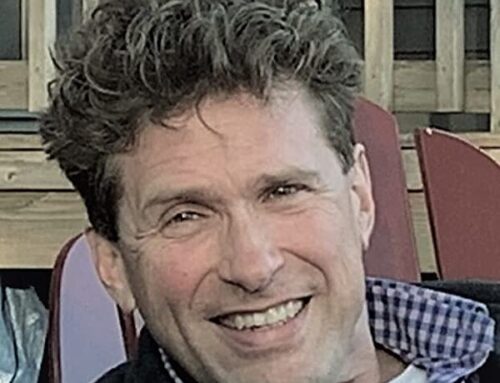
Leave A Comment